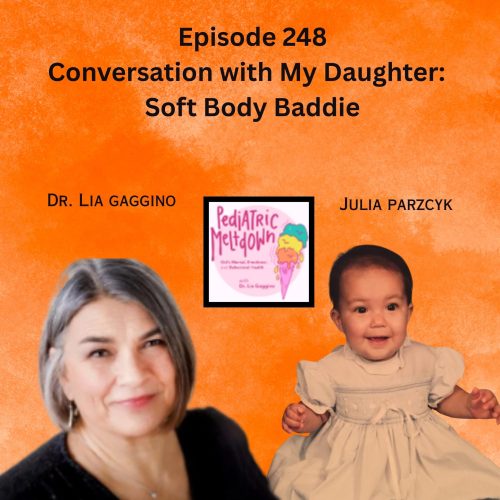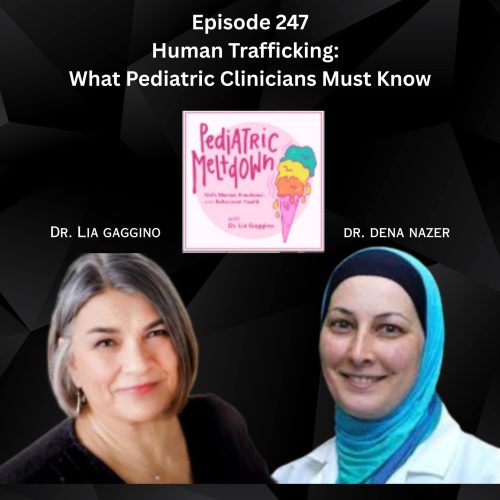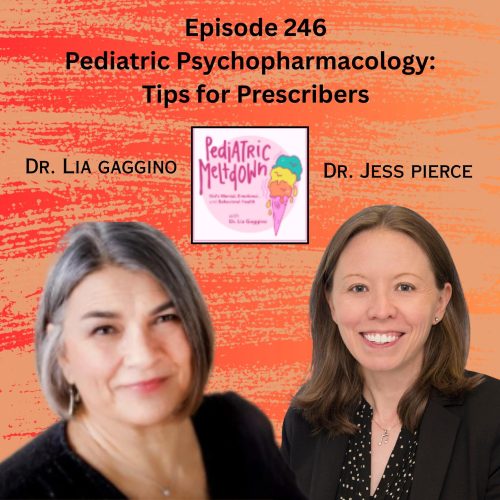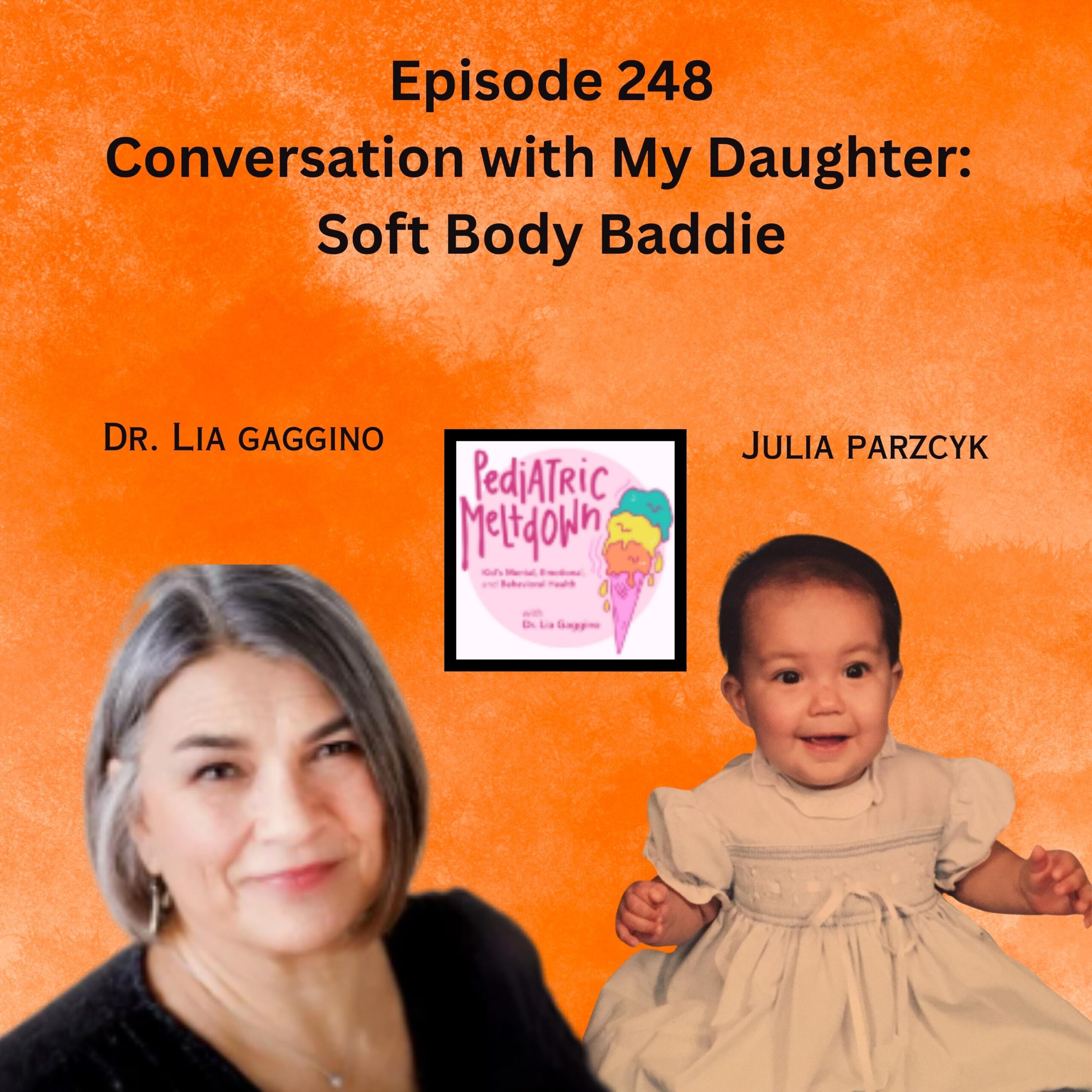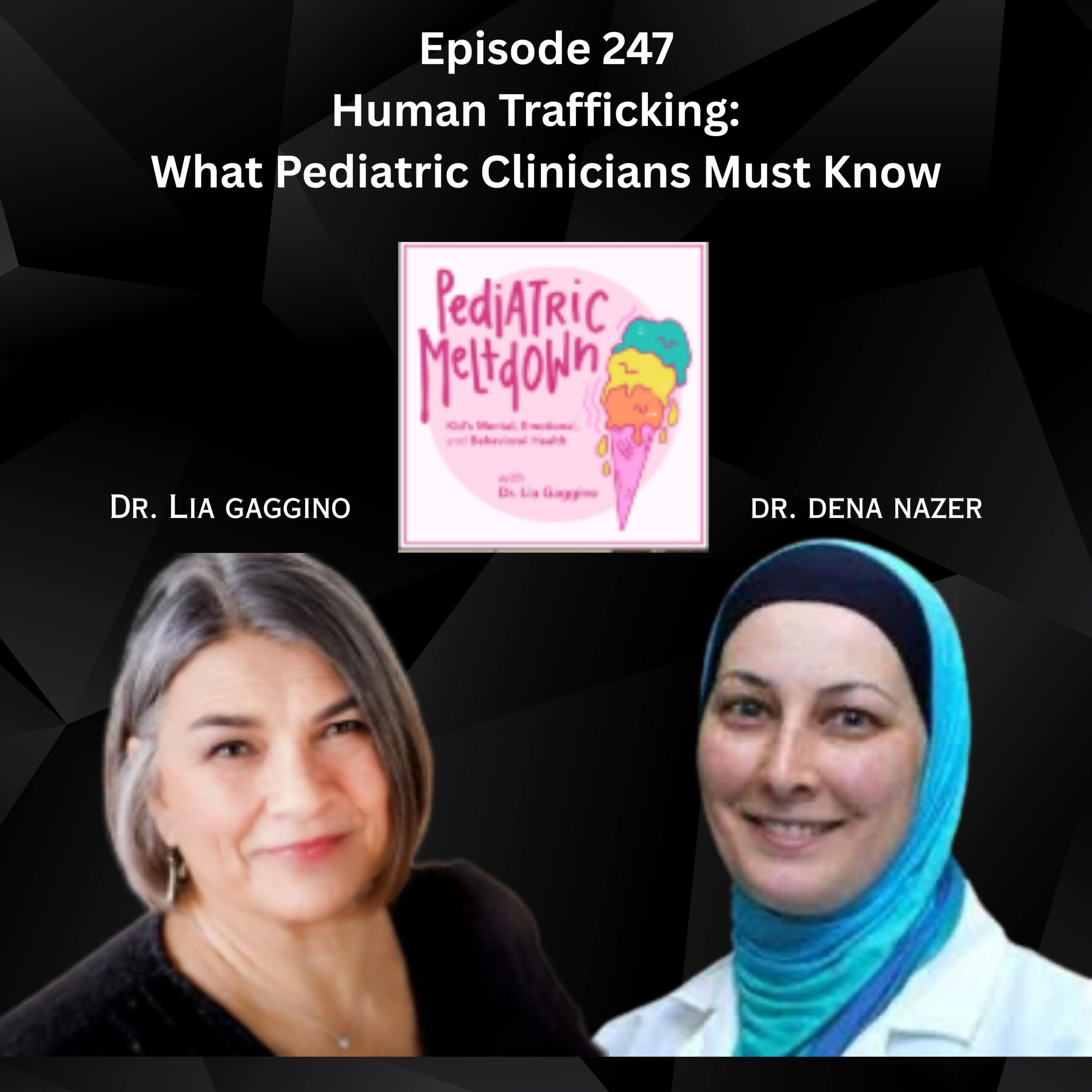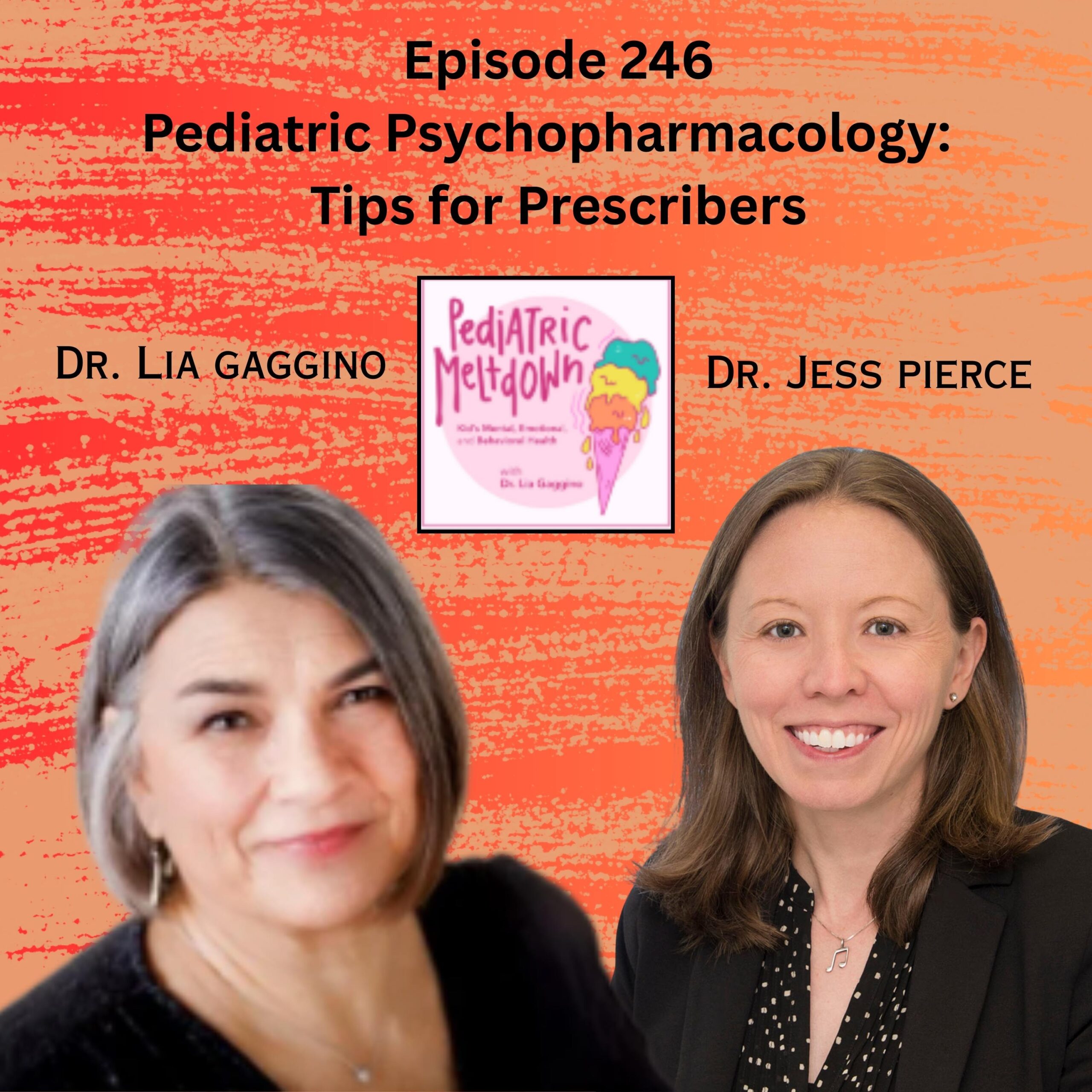Aggression in children is a complex issue that can leave parents feeling helpless and desperate for a solution. Many turn to medication as a quick fix, but according to Dr. Lia Gaggino’s guest, Dr. Peter Jensen, multiple medications are not always the answer. It’s important to assess the situation correctly and consider alternative approaches before turning to medication. In this episode, Doctors Gaggino and Jensen explore the various causes of aggression in children and provide tips on how to handle it effectively without resorting to excessive medication. Whether you’re a parent, caregiver, or educator, the information provided in this episode can help you better understand aggression in children and how best to support them. Get your pad and pencils ready, you’ll be taking notes on this one.
[00:30 -27:46] Understanding the Different Types of Aggression in Children and How to Treat Them
- The Importance of Assessing and Diagnosing before Prescribing Medication
- Aggression in children can fall into different categories, such as chronically irritable and explosive or misinterpreting social cues
- Diagnostic Skills Help in Identifying the Underlying Causes of Aggressive Behaviors in Children
- Bipolar disorder and schizophrenia are unlikely causes of aggressive behavior in children
[27:47- 38:02] Understanding and Treating Aggressive Behaviors in Children
- Treatment for ADHD should be maximized before turning to other medications
- Resperidone and Aripiprazole have been approved by the FDA to treat aggression in children
- Primary care providers need to get comfortable with atypical medications
- Guidelines for treating maladaptive aggression in youth are available in the journal Pediatrics
[38:03 -48:14] Evaluating Medication for Children with Mental Health Disorders
- Trauma should be considered when treating children with psychiatric medications.
- Avoid the “pharmacotherapy of desperation,” which involves adding multiple medications without clear rationale.
- Deprescribing, or slowly decreasing medication use, can be helpful for children on multiple medications that may not be effective.
- A thorough evaluation of the underlying disorder, using rating scales and input from multiple sources, is essential for choosing the right medication.
[48:15 – 57:06] Top Screening Tools for Child Mental Health
- Vanderbilt Rating Scale is essential for monitoring ADHD in kids on stimulants
- PHQ-9 is a quick and free depression scale that is recommended by the US Preventive Services Task Force and Academy of Pediatrics
- SCARED is an effective tool for tracking and screening anxiety in children and can be given to parents or youth
- PSC-17 is ideal for well-child visits as it has only 17 items and screens for inattention, ADHD, anxiety, and depression
- Suicide specific tools like ASK Screening Questions and Columbia should be used alongside PHQ-9 for better screening of suicidal ideation and behavior; CRAFFT can be used to screen for substance use in teenagers.
[57:07 – 1:04:54] Closing segment Takeaway
You can reach Dr. Peter Jensen
Website: https://thereachinstitute.org/
LinkedIn: https://www.linkedin.com/company/the-reach-institute-resource-for-advancing-children-health/
Facebook: https://www.facebook.com/REACHInstitute/
Twitter: https://twitter.com/reach4kids
Links to resources mentioned on the show
www.thereachinstitute.org
TOSCA – https://www.jaacap.org/article/S0890-8567(14)00456-0/fulltext
T-May Study Part 1 https://publications.aap.org/pediatrics/article/129/6/e1562/32167/Treatment-of-Maladaptive-Aggression-in-Youth-CERT?autologincheck=redirected
T-May Study Part 2. https://publications.aap.org/pediatrics/article/129/6/e1577/32128/Treatment-of-Maladaptive-Aggression-in-Youth-CERT
Glad-PC Part 1: https://publications.aap.org/pediatrics/article/141/3/e20174081/37626/Guidelines-for-Adolescent-Depression-in-Primary
Glad-PC Part 2: https://publications.aap.org/pediatrics/article/141/3/e20174082/37654/Guidelines-for-Adolescent-Depression-in-Primary
PHQ-9 and ASQ screen for depression and suicidality: https://www.nimh.nih.gov/sites/default/files/documents/PHQ-A_with_depression_questions_and_ASQ_PDF.pdf
SCARED (parent version): https://www.aacap.org/App_Themes/AACAP/docs/member_resources/toolbox_for_clinical_practice_and_outcomes/symptoms/ScaredParent.pdf
SCARED (child version): https://www.aacap.org/App_Themes/AACAP/docs/member_resources/toolbox_for_clinical_practice_and_outcomes/symptoms/ScaredChild.pdf
CRAFFT: https://crafft.org/wp-content/uploads/2020/09/CRAFFT_2.1N-HONC_Self-administered_2020-09-30.pdf
Other episodes in the series you may like:
Episode #136
Youth Violence Prevention: Threat Assessment and Management
Episode #137
Understanding Aggressive Behaviors: Who, What, Why, When and Where
Key quotes for Twitter:
“The most important skill for a primary care provider is to get comfortable with assessment and diagnosis.”…Dr. Peter Jensen
“Highly unlikely for aggression to be bipolar disorder or schizophrenia.”… Dr. Peter Jensen
THANK YOU FOR YOUR SUPPORT!
Pediatric Meltdown was listed as a Top 20 Pediatric Podcast on FeedSpot.
If you’d like to connect with me, you can Tap the “What Are Your Thoughts” button at the top of the notes or you can find me on LinkedIn, Facebook, Instagram, and Twitter, or email me at gagginol@medicalbhs.com or gagginol@yahoo.com. To learn more about me visit https://www.medicalbhs.com/
LOVE WHAT YOU HEARD? Leave us a 5-star review so we can continue to provide you with great content. Share this episode and help people know more about children’s health and well-being.



